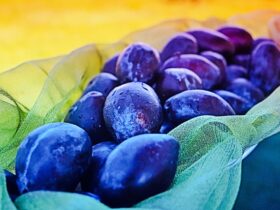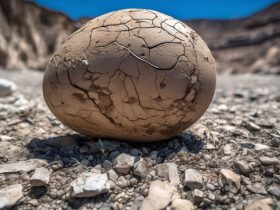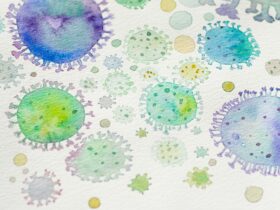Stressing too much? Thinking that you can’t really find your inner peace?
The effects of severe and prolonged stress can often do a lot of damage, slowly messing with your skin’s balance until it gets awful. So, how can we treat the worst-case scenarios?
We’ve compiled a great list of everything you need to know, including what stress can do to your skin and more.
Dry Skin

Well, if you think about it, you can’t actually magically turn off your feelings, right?
Stress can lead to high cortisol levels, and that’s when dehydration kicks in, leaving you with a compromised skin barrier. To avoid that, make sure you apply more moisturizer than usual or layering during bouts of stress.
Breakouts
When we’re stressed out, we tend to eat and drink a bit more. From copious amounts of baked goods, sweets to wine, we’ve all been there.
But those habits can trigger a nasty pore-clogging inflammation in your system and a systematic impact, too.
Here’s how Mona Gohara, M.D., a board-certified dermatologist and associate clinical professor of dermatology at Yale School of Medicine, explains the ‘phenomenon’:
“When your emotions are high, your cortisol levels spike and trigger your oil glands to produce more oil; [that] feeds acne-causing bacteria in your skin, leading to, yes, acne.”
TIP: switch to a salicylic acid-spiked cleanser or a sulfur-based mask.

Redness
Redness happens when your heart is pumping very fast from stress, so your blood vessels are fuller, and your capillaries are dilated.
That can lead to immediate facial flushing and a flare in rosacea, which can be really annoying. Luckily, there are a few ways to treat such a thing.
Dermatologists recommend using topical and oral medications. Remember that discussing with a specialist is essential to get the best treatment and see quick results.
According to some studies, niacinamide might also help you deal with redness, calming your inflammation and redness, but not overnight.


























Leave a Reply